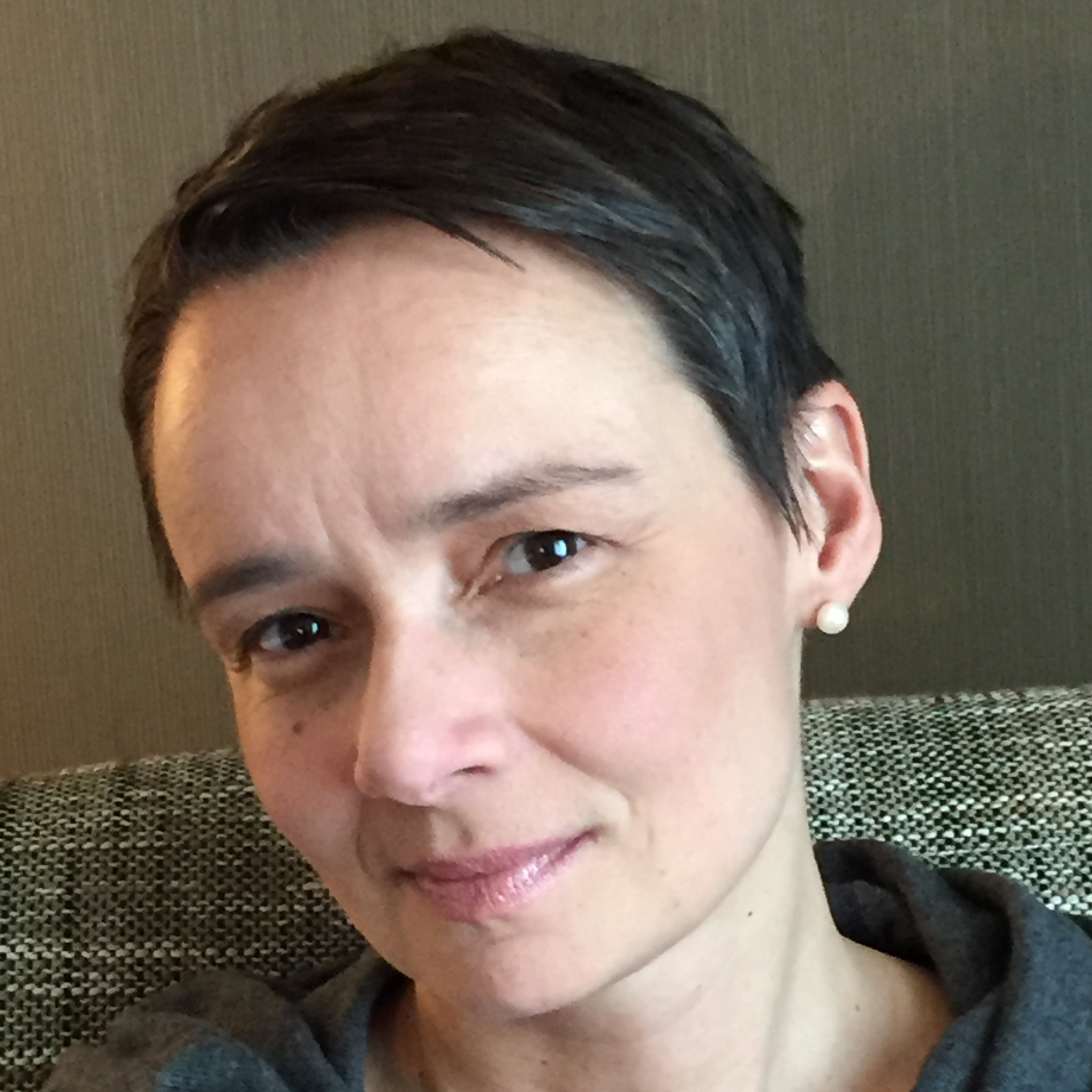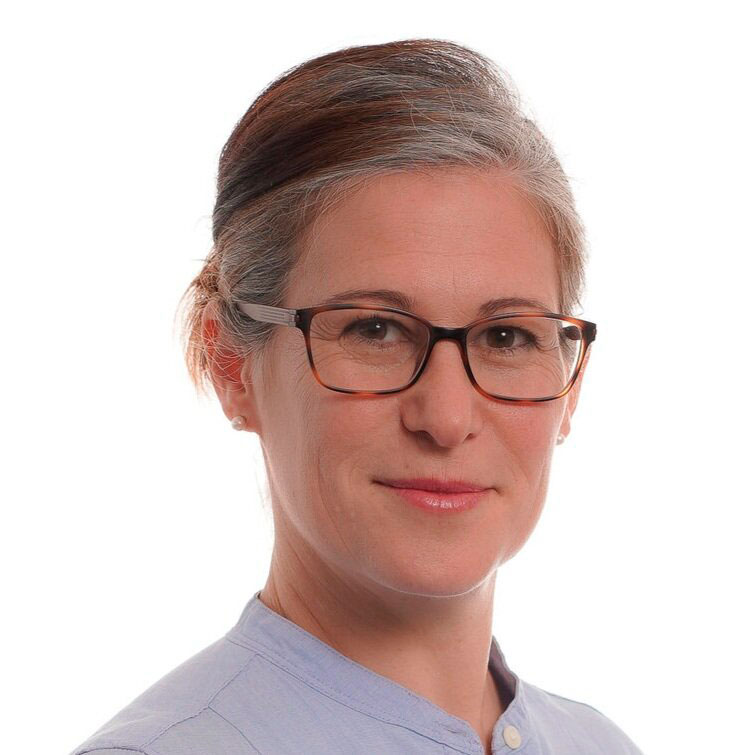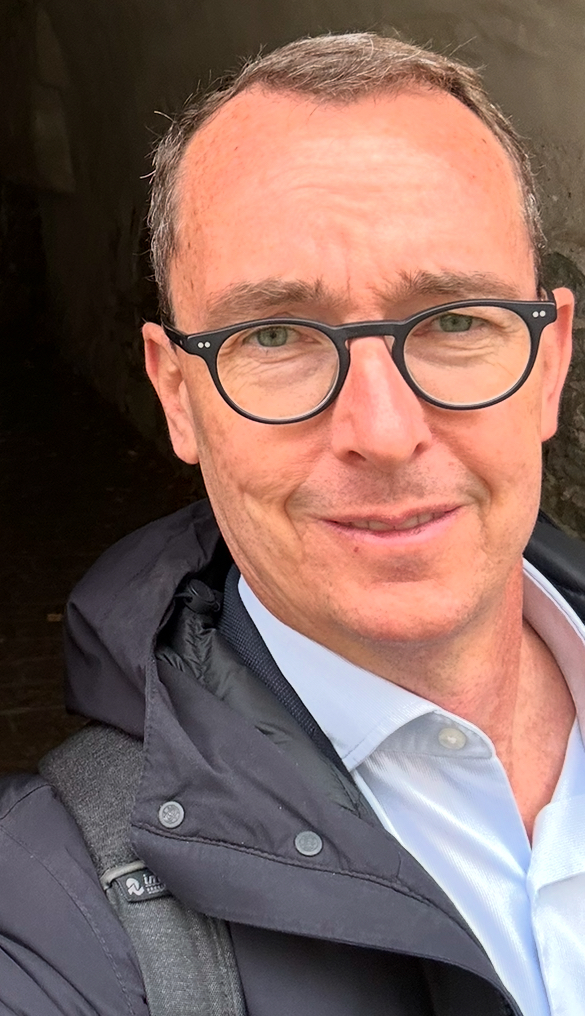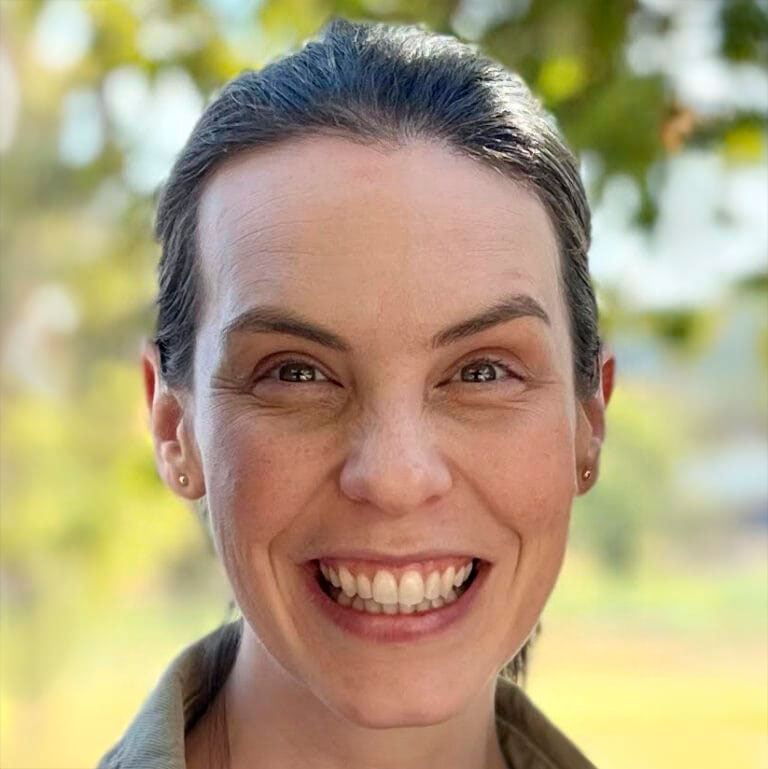Información para difusión de Talleres
TALLERES PRE CONGRESO
FECHA: MIÉRCOLES 5 DE NOVIEMBRE 2025
LUGAR: UDP
REQUISITOS PARA LA INSCRIPCIÓN: comprobante inscripción al Congreso Total/Full Congress
FECHA LÍMITE PARA LA INSCRIPCIÓN: 12 de octubre 2025.

WORKSHOP 1
MBT-C y Autismo: Una Introducción
Workshop facilitator: Norka Malberg
Workshop description:
This workshop introduces examples of the application of the MBT-C model to work with children and their families. The workshop invites participants to reflect on key aspects of the process from assessment to treatment, for example, the impact of diagnosis and how to introduce and process it from a mentalization-based perspective. The workshop presents the theoretical elements that inform the MBT-C model and integrates concepts that allow for the adaptation of the model to the specific needs of autistic children. The concept of neurodiversity and the value of a mentalization-based perspective will also be explored in this workshop.
Fecha: 5-11-2025
Horario: 9:00 a 13:00 hrs
Lugar y sala: Universidad Diego Portales. Vergara 275, Santiago, Chile. (Sala por asignar).

WORKSHOP 2
Using Parental Embodied Mentalizing (PEM) to Identify Relational Embodied Risk and Protection in Parent-Infant Dyads – Clinical and Empirical Applications
Workshop facilitator: Dana Shai
Workshop description:
PEM (Parental Embodied Mentalization) is a theoretical and clinical approach that focuses on the nonverbal relationship between parents and their young children; and on the parental capacity to understand the infant’s mental state based on the infant’s whole-body kinesthetic expressions and how they adjust their own kinesthetic patterns accordingly (Shai & Belsky, 2011). Research shows that PEM assessed in infancy predicts emotional, cognitive and social development in infancy, toddlerhood and childhood, and is associated with several parental factors as co-parenting and parental stress. In this experiential seminar, Dr. Shai will introduce the Parental Embodied Mentalizing Assessment, a 13-point tool used to assess nonverbal risk and protective factors in parent-infant dyads. Using video recordings, conversation, and experiential exercises, participants will learn the principles of PEM, and how to identify embodied risk and protective factors to be applied both clinically and in research.
Fecha: 5-11-2025
Horario: 14:00 a 18:00 hrs
Lugar y sala: Universidad Diego Portales. Vergara 275, Santiago, Chile. (Sala por asignar).

WORKSHOP 3
AMBIT: un modelo para facilitar el trabajo en equipo
Workshop facilitator: Mark Dangerfield
Workshop description:
Have you ever left a team meeting feeling worse than when you arrived? In many cases, this may be due to common dynamics in caregiving teams that tend to focus exclusively on solving the problems of those they serve, without first attending to the emotional impact that such work has had on the professionals themselves, or to the likely interference that this impact may have caused in their capacity to mentalize.
From the AMBIT model, we understand that addressing the inevitable emotional impacts that professionals face daily in our work is a shared responsibility between the team and the institution—especially when working with high-risk populations. We cannot expect to help individuals and families improve dysfunctional relational dynamics if we work within teams that display equally dysfunctional relational dynamics. This is a core principle of the AMBIT model. It is essential to implement models that facilitate the identification and management of inevitable emotional impacts and interpersonal conflicts within teams.
In this workshop, we will invite participants to engage in a Passed Outwards Discussion (POD)—an instructive exercise designed to help professionals reflect on:
- The relationship between work-related anxiety and mentalization.
- The impact of this relationship on our ability to build a narrative that provides clarity and understanding of what is happening.
- How the experience of being adequately mentalized enables us to recover our own mentalizing capacities.
This process highlights the importance of recognizing each individual’s position in relation to the anxiety present in the discourse of a professional seeking help, when interacting with a colleague offering help.
During the workshop, we will also present the Thinking Together model—a four-step process that applies the insights gained from this exercise to our teamwork.
Fecha: 5-11-2025
Horario: 9:00 a 13:00 hrs
Lugar y sala: Universidad Diego Portales. Vergara 275, Santiago, Chile. (Sala por asignar).

WORKSHOP 4
Lighthouse Parenting
Workshop facilitator: Gerry Byrne
Workshop description:
The MBT Lighthouse Parenting Programme (Byrne, 2016), is a manualized model of MBT developed originally for parents with a history of childhood adversity resulting in significant mentalizing deficits and failures threatening the healthy development of their children and risking intergenerational transmission of attachment difficulties. The programme aims to improve parental sensitivity and confidence, reduce stress and the risk of child maltreatment by attending to both parental deficits in mentalizing and lapses in mentalizing. It aims to enhance parental mentalizing, fostering in parents an active curiosity about the child’s inner world and a readiness in parents to reflect on their own thoughts, feelings, and reactions.
The LH MBT-P Workshop aims to give participants both an overview of the model with clinical illustrations (with video) and an opportunity for experiential learning through participation or observation of a real-play. Participants can volunteer to join a small group and explore one exercise from the programme in which a secure memory of a Safe Harbour is prompted by the selection of a random object. At the end of the workshop participants will:
- Understand the centrality of mentalizing, epistemic trust, and attachment to the parent-child relationship.
- Recognize how mentalizing failures and deficits contribute to risk to children.
- Be introduced to the attachment oriented Lighthouse metaphors.
- Have learnt some additional skills in how to facilitate pro-mentalizing conversations with parents in clinical practice utilizing MBT skills and LH MBT metaphors”
Fecha: 5-11-2025
Horario: 14:00 a 18:00 hrs
Lugar y sala: UDP Universidad Diego Portales. Vergara 275, Santiago, Chile. (Sala por asignar).

WORKSHOP 5
How To Do Things With Emotions
Workshop facilitator: Elliot Jurist
Workshop description:
This workshop will begin with a brief historical overview about emotions: the contrast between Aristotle and the Stoics, Spinoza’s compromising solution, the Darwinian perspective on emotions (Basic Emotions theory), and the confusing place of emotions in psychoanalysis. I then discuss current, empirical and neuroscientific conceptions of emotion regulation, and present theory and research about mentalized affectivity. I will also discuss cultural differences about emotions and emotion regulation.
Fecha: 5-11-2025
Horario: 9:00 a 13:00 hrs
Lugar y sala: UDP Universidad Diego Portales. Vergara 275, Santiago, Chile. (Sala por asignar).

WORKSHOP 6
Assessment Parental Mentalization
Workshop facilitator: Line Brotnow-Decker
Workshop description:
This workshop will introduce the Short Parental Observation Tool for Mentalizing (SPOT-ME), an assessment instrument designed to support clinicians in assessing parental mentalizing and non-mentalizing in child-parent therapy sessions. In addition to introducing parental mentalizing and non-mentalizing (expressed both verbally and behaviorally), the workshop will focus on the practical use and implementation of the SPOT-ME in clinical research and therapy.
Fecha: 5-11-2025
Horario: 14:00 a 18:00 hrs
Lugar y sala: UDP Universidad Diego Portales. Vergara 275, Santiago, Chile. (Sala por asignar).
NOTA:
Cada asistente con inscripción al “Congreso Total” puede participar en un máximo de 2 talleres, uno en horario AM de 9:00 a 13:00 hrs. y otro en horario PM de 14:00 a 18:00 hrs.
Cada taller se paga por separado y tiene un valor de $80.000.
Puede Inscribirse en el siguiente formulario https://docs.google.com/forms/d/e/1FAIpQLSc6mUqyLp0BLx9pOSeIodvUTN8-YpU0u-hdsquEU0B5DtH1Vw/viewform?usp=header
Una vez inscrito recibirá un mail confirmando su inscripción con instrucciones para modalidad de pago.
La realización de los talleres está sujeta a la inscripción de un mínimo de 10 y un máximo de 20 participantes. La organización del congreso se reserva el derecho a suspender alguno de los talleres en caso de no contar con el número mínimo requerido.